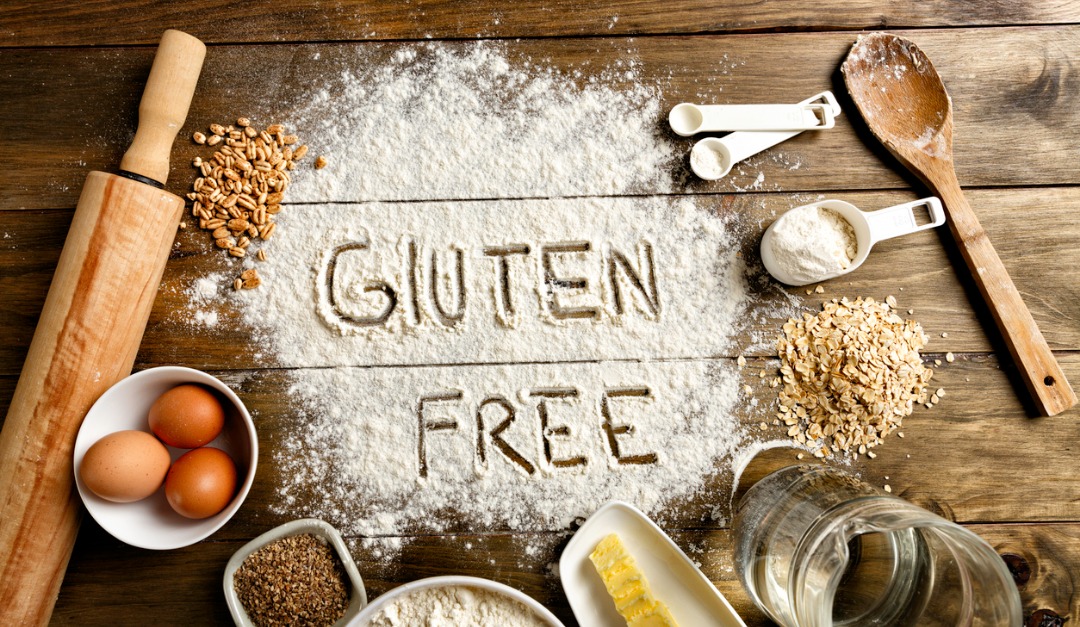
Should You Switch to a Gluten-Free Diet?
Gluten is a general term that refers to proteins in wheat, rye, barley and other grains. Gluten acts as a glue that holds food together and helps it keep its shape. People with celiac disease and non-celiac gluten sensitivity may see their health improve if they switch to a gluten-free diet, but cutting out gluten is not recommended for everyone. If you decide to follow a gluten-free diet, it’s important to read food labels carefully and make sure you get all the vitamins and minerals you need.
What Are Celiac Disease and Non-Celiac Gluten Sensitivity?
In people with celiac disease, gluten prompts the body’s immune system to attack the lining of the small intestine. Damage to the small intestine can keep the body from absorbing vital nutrients.
Celiac disease can cause digestive problems; hormone issues, such as infertility and low thyroid levels; fatigue; and brain fog. Nutrient deficiencies can make people with celiac disease more susceptible to some cancers and osteoporosis. People who have non-celiac gluten sensitivity don’t have celiac disease, but they may experience similar symptoms if they consume foods with gluten.
How Can a Gluten-Free Diet Help?
Eliminating foods that contain gluten can relieve these symptoms. Damage to the small intestine can make people with celiac disease unable to digest lactose, a sugar found in dairy products. Individuals with celiac disease who are also lactose intolerant may find that cutting out gluten also reduces their symptoms of lactose intolerance, and they may eventually be able to consume dairy products again, after their small intestines have healed.
What is Included in a Gluten-Free Diet?
A gluten-free diet can provide plenty of essential nutrients if it’s built around whole foods. Many foods, such as meat, poultry, fish, fruits, vegetables, nuts, seeds, dairy products and some grains such as corn, rice, quinoa, millet, sorghum, teff, buckwheat and tapioca, don’t contain gluten.
If you switch to a gluten-free diet, you will have to be intentional when selecting foods and planning meals. If you aren’t, you may not get enough fiber, B vitamins, calcium, vitamin D or iron.
If you don’t like to cook at home and prefer to eat out or buy processed foods, following a gluten-free diet can be challenging. Menus may not contain information on which foods contain gluten and which don’t. Also, people often assume that prepackaged foods labeled “gluten-free” are healthy, but many contain a lot of sugar and little fiber. You will have to read labels carefully to choose prepackaged gluten-free foods that are healthy.
Is a Gluten-Free Diet Right for You?
If you have been diagnosed with celiac disease or non-celiac gluten sensitivity, switching to a gluten-free diet may improve your health. If you don’t have either of those conditions and just want to lose weight or be healthier, a gluten-free diet may not provide you with enough important nutrients. If you’re concerned about your health and thinking about making changes to your diet, speak with your doctor or consult a nutritionist.
Who You Work With... Matters. The Team Your Neighbors Trust.


